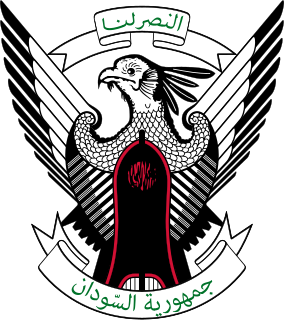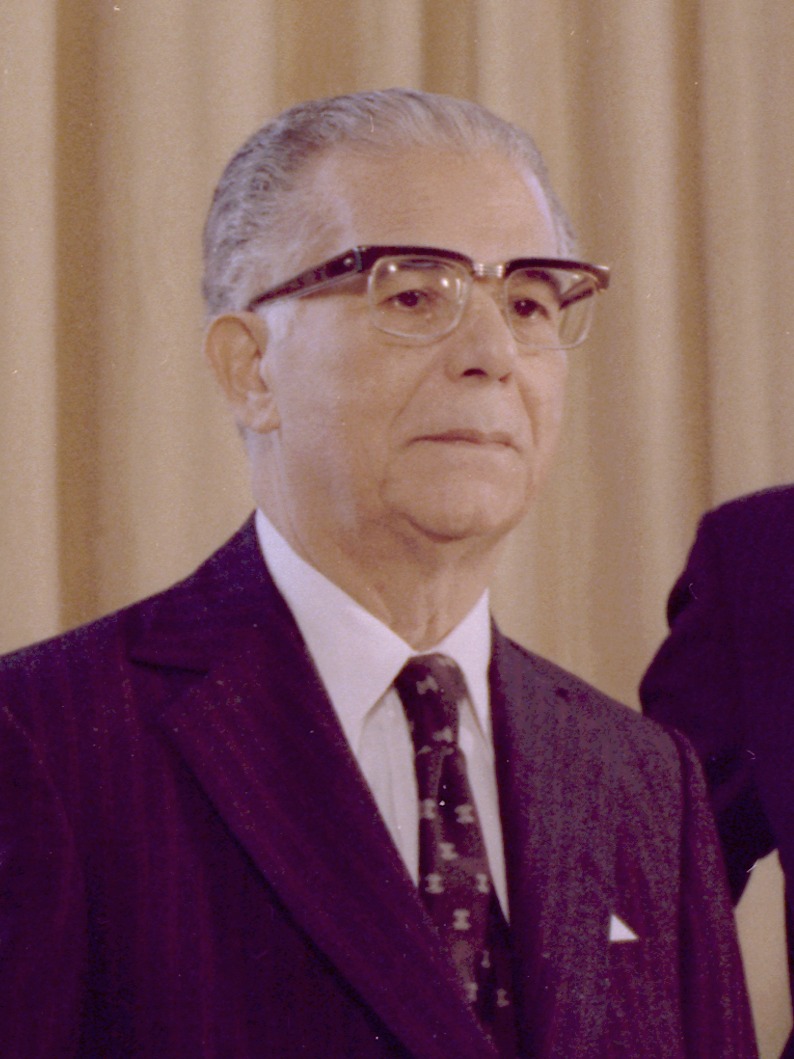
The Politics of Azerbaijan takes place in a framework of a semi-presidential republic, with the President of Azerbaijan as the head of state, and the Prime Minister of Azerbaijan as head of government. Executive power is exercised by the president and the government. Legislative power is vested in both the government and parliament. The Judiciary is nominally independent of the executive and the legislature. The state system of Azerbaijan defines the Constitution of the Republic of Azerbaijan. According to the constitution, Azerbaijan is a democratic, secular, unitary republic.

The Prime Minister of Azerbaijan is the head of government of Azerbaijan. The current prime minister is Novruz Mammadov.

A constitutional referendum was held in Russia on 12 December 1993. The new constitution was approved by 58.4% of voters, and came into force on 25 December.

A constitutional referendum was held in France on 21 October 1945. Voters were asked whether they approved of the Assembly elected on the same day serving as a Constituent Assembly, and whether until a new constitution was approved, the country would be governed according to a proposed set of laws that appeared on the ballot paper. If the first proposal had not been approved, the Third Republic would have been restored, but its approval led to the creation of the Fourth Republic. Both were approved by wide margins with a turnout of 79.8%.

A constitutional referendum was held in France on 5 May 1946. Voters were asked whether they approved of a new draft Constitution proposed by the Constituent Assembly elected in 1945.

A constitutional referendum was held in France on 13 October 1946. Voters were asked whether they approved of a new constitution proposed by the Constituent Assembly elected in June. Unlike the May referendum, which saw a previous constitutional proposal rejected, the new constitution was accepted by 53.2% of voters, and brought the French Fourth Republic into existence. Voter turnout was 67.6%.

A constitutional referendum was held in France on 28 September 1958. Voters were asked whether they approved of the adoption of a constitution for the French Fifth Republic written by Charles de Gaulle. It was overwhelmingly approved, with 82.6% in favour. Voter turnout was 84.9% in Metropolitan France and 79.8% overall.
Constitutional Assembly elections were held in Bulgaria on 10 June 1990, with a second round for eighteen seats on 17 June. They were the first elections held since the fall of Communism the previous winter, and the first free national elections since 1931. The elections were held to elect the 7th Grand National Assembly, tasked with adopting a new (democratic) constitution. The new electoral system was changed from 400 single-member constituencies used during the Communist era to a split system whereby half were elected in single member constituencies and half by proportional representation. The result was a victory for the Bulgarian Socialist Party, the freshly renamed Communist Party, which won 211 of the 400 seats. Voter turnout was 90.3%.

The current Constitution of Sudan is the Interim National Constitution of the Republic of Sudan, 2005 (INC), adopted on 6 July 2005.

Constitutional Convention elections were held in Iran on 3 and 4 August 1979. The result was a victory for the Islamic Republican Party. 10,784,932 voted in the elections, marking 51.71% turnout. Of all members elected, 68% were clerics.

A constitutional referendum was held in Kyrgyzstan on 10 February 1996. Voters were asked "Do you approve the law of the Kyrgyz Republic "On amendments and additions of the Constitution of the Kyrgyz Republic," a draft which was published in the Decree of the President of the Kyrgyz Republic on 3 January 1996?"
A constitutional referendum was held in Albania on 22 November 1998. Voters were asked whether they approved of the constitution. It was approved by 93.5% of voters with a turnout of 50.6%, and came into force on 28 November.

General elections were held in the Dominican Republic on 1 June 1966. Following the 1963 coup which toppled elected president Juan Bosch of the Dominican Revolutionary Party, supporters of his constitutional reforms were excluded from the elections, although Bosch himself contested them. The result was a victory for Joaquín Balaguer of the Reformist Party, whilst his party also won the Congressional elections. Voter turnout was 75.6%.

A constitutional referendum was held in Haiti on 29 March 1987. A new constitution had been drafted by a Constitutional Assembly elected the year before, and was reportedly approved by 99.8% of voters.

A constitutional referendum was held in Andorra on 14 March 1993. Drafted by the Co-Princes and the General Council, the new constitution was approved by 74.2% of voters, with a 76% turnout. The first elections under the new constitution were held later in the year.

Constitutional Assembly elections were held in Latvia on 17 and 18 April 1920. The Latvian Social Democratic Workers' Party emerged as the largest party, winning 57 of the 150 seats. The elections were boycotted by communist parties. The Constitutional Assembly was responsible for drafting a constitution, which was approved on 15 February and promulgated on 7 November 1922.
A constitutional referendum was held in Estonia between 14 and 16 October 1933. After two new constitutional drafts proposed by Parliament had been rejected by referendums in 1932 and June 1933, a third draft proposed by the radical right-wing Movement of Veterans of the War of Independence was approved by 72.7% of voters, with a turnout of 77.9%.

A consultative constitutional referendum was held in Moldova on 23 May 1999. It was initiated by President Petru Lucinschi and asked voters whether they approved of changing the system of government to a presidential system. The proposal was approved by 64.2% of voters. However, the Party of Communists of the Republic of Moldova and the Alliance for Democracy and Reforms opposed Lucinschi, and were able to vote several constitutional changes through parliament on 5 July 2000. The changes reduced the powers of the president and strengthened the parliament and government.

The constitutional referendum was held on 19 March 1933.
This is a list of events that took place in the year 1991 in Azerbaijan.















